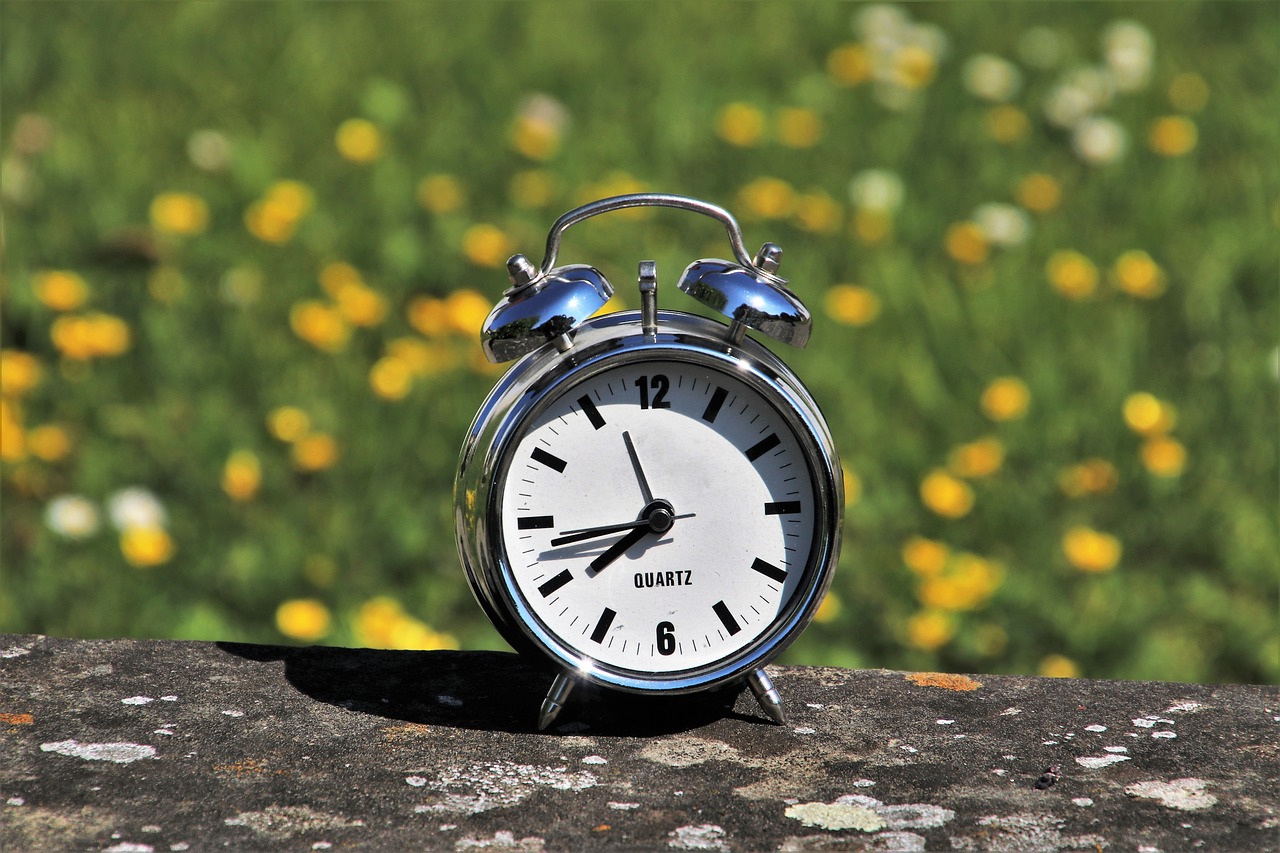
Daylight Saving Time (DST), also known as British summer time is creeping closer. It is the practice of changing clocks by one hour during the summer months to make better use of daylight creating longer summer days in which to BBQ swim and enjoy the outdoors. In the United Kingdom, DST begins on the last Sunday in March and ends on the last Sunday in October officially ring-fencing summer and elevating the mood.
The clocks are set forward by one hour at 1:00 AM GMT, and they are set back by one hour at 2:00 AM BST. The concept of DST has been in place in the UK for over a hundred years, and it has been the subject of much debate over the years. The idea of DST was first proposed by Benjamin Franklin in 1784 to save on candles and increase the productive hours of the day.
However, it was not until the early 20th century that DST was adopted by many countries, including the UK. The first DST period in the UK was in 1916, during World War I when the government needed to conserve coal to support the war effort. DST was introduced during World War II for the same reason. Today, the primary reasons for using DST in the UK are to reduce energy consumption and to promote outdoor activities during the longer days of summer.
At a time when the country is facing an energy crisis with gas and electric bills spiralling out of control, this would seem like a prudent idea. Proponents of DST argue that it saves energy by reducing the need for artificial lighting and heating, as well as reducing traffic accidents and crime. Parents would argue that sunshine and outdoor activity would encourage children off electronic devices and away from their screens.
It is also said to improve mental and physical health by increasing exposure to natural light and encouraging outdoor activities. Less time messaging friends and if Instagram and TikTok vlogs are being created, they are being produced outdoors. Opponents of DST argue that it disrupts sleep patterns and causes confusion and inconvenience, particularly for those who work in jobs that may be outside what are considered sociable hours or families that have young children.
It can also have a negative impact on agricultural workers, who rely on natural light to carry out their work. Additionally, some studies have suggested that DST does not actually save energy and may even increase energy consumption in certain situations. Despite the debates surrounding DST, it remains in place in the UK, and many people are used to the bi-annual time changes. However, there have been some recent calls to reconsider the use of DST. In 2019, the European Union voted to end the practice of changing the clocks twice a year, and it is possible that the UK may follow suit. However, there is no timeline for when this may happen, and it is likely to be a complex process.
Another recent development related to DST in the UK is the Daylight Saving Bill, which was introduced in Parliament in 2010. The bill aimed to move the clocks forward by one hour throughout the year, effectively creating a permanent DST. This would have meant that there would be more daylight in the evenings during the winter months, potentially reducing energy consumption and improving road safety. However, the bill did not pass, and the issue has not been revisited since.
With the advance of technology and the agile ability to garnish public opinion in real time, lobbyists have engaged in cheap SMS marketing to roll out surveys at regular intervals. The results are always divisive and inconclusive. In conclusion, DST has been a part of life in the UK for over a century, and it remains a topic of debate and controversy. While some people appreciate the extra daylight and energy savings, others find the time changes disruptive and inconvenient. Whether or not the UK will continue to use DST in the future remains to be seen, but for now, it remains an important part of British culture and daily life. Roll on the last Sunday in March as that means summer!